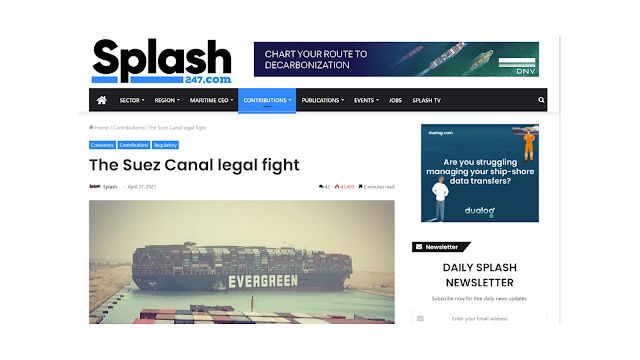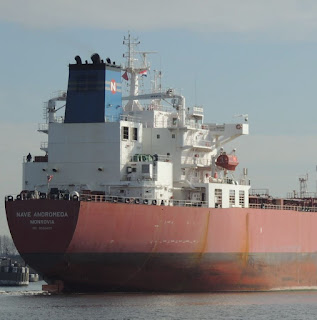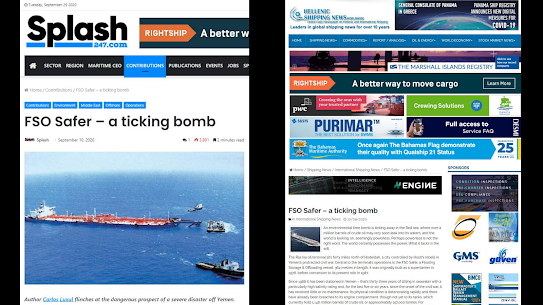How The X-Press Pearl Disaster Could Have Been Avoided

SPLASH: The X-Press Pearl Disaster X-Press Pearl by Carlos Luxul author of The Ocean Dove The X-Press Pearl sank on June 2 in what is now referred to as the worst maritime ecological disaster in Sri Lanka’s history. The wreck is close to shore, too close, and it won’t be long before the effects of the ship’s fuel and other pollutants are felt, along with the cocktail of cargoes (some hazardous) from close to 1,500 containers the ship was carrying. The world watched with horror. Neighbouring governments rushed to offer assistance. Brave salvage teams did what they could. Concerned maritime and environmental organisations wrung their hands – and the blazing ship filled our TV screens. For the general public, it was just another accident at sea, just another example of the nasty, polluting shipping industry carrying out its business, a business dominated by shady shell companies in far away places that don’t play by the rules. That’s the public’s perception, but they want the...



